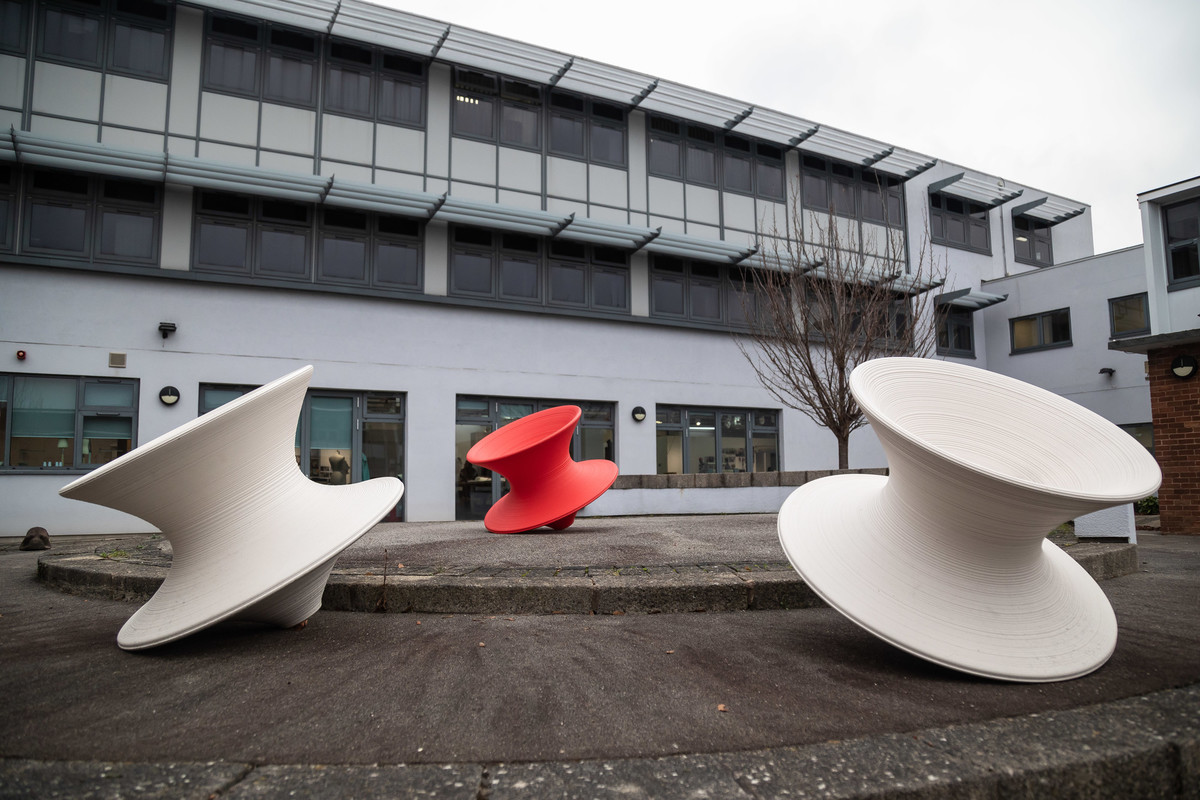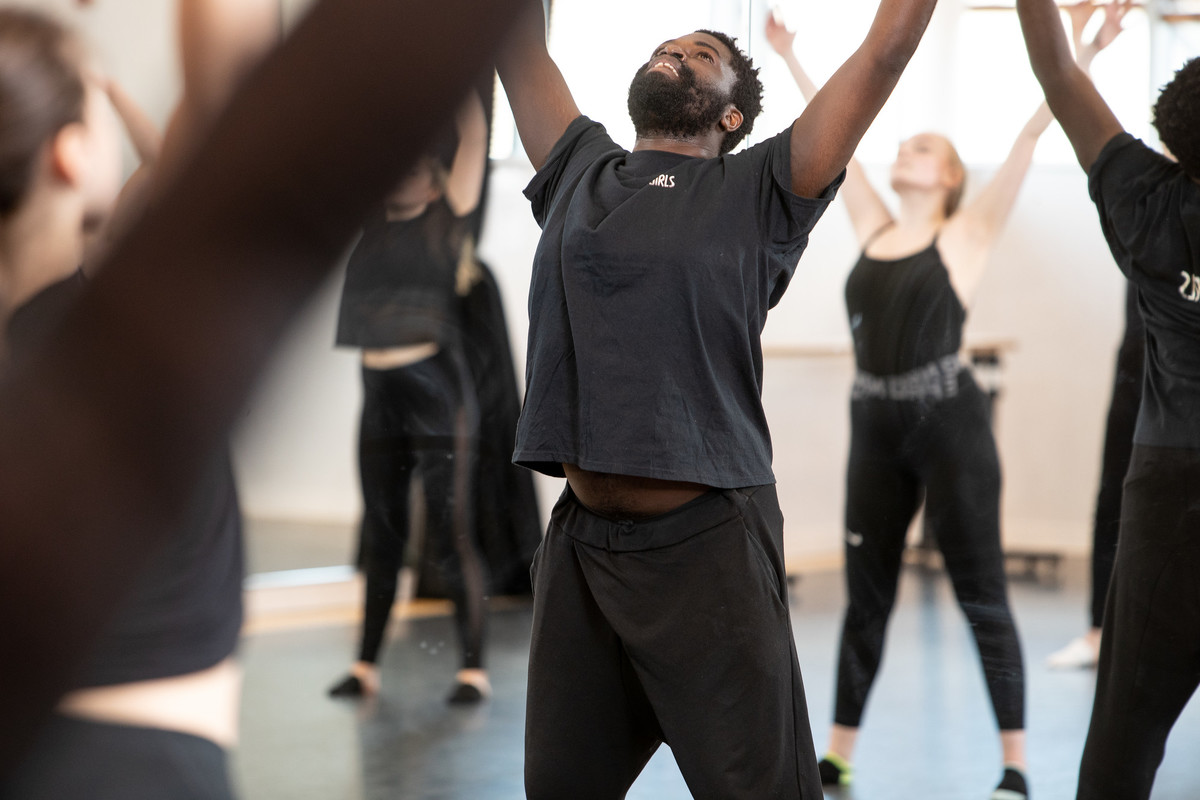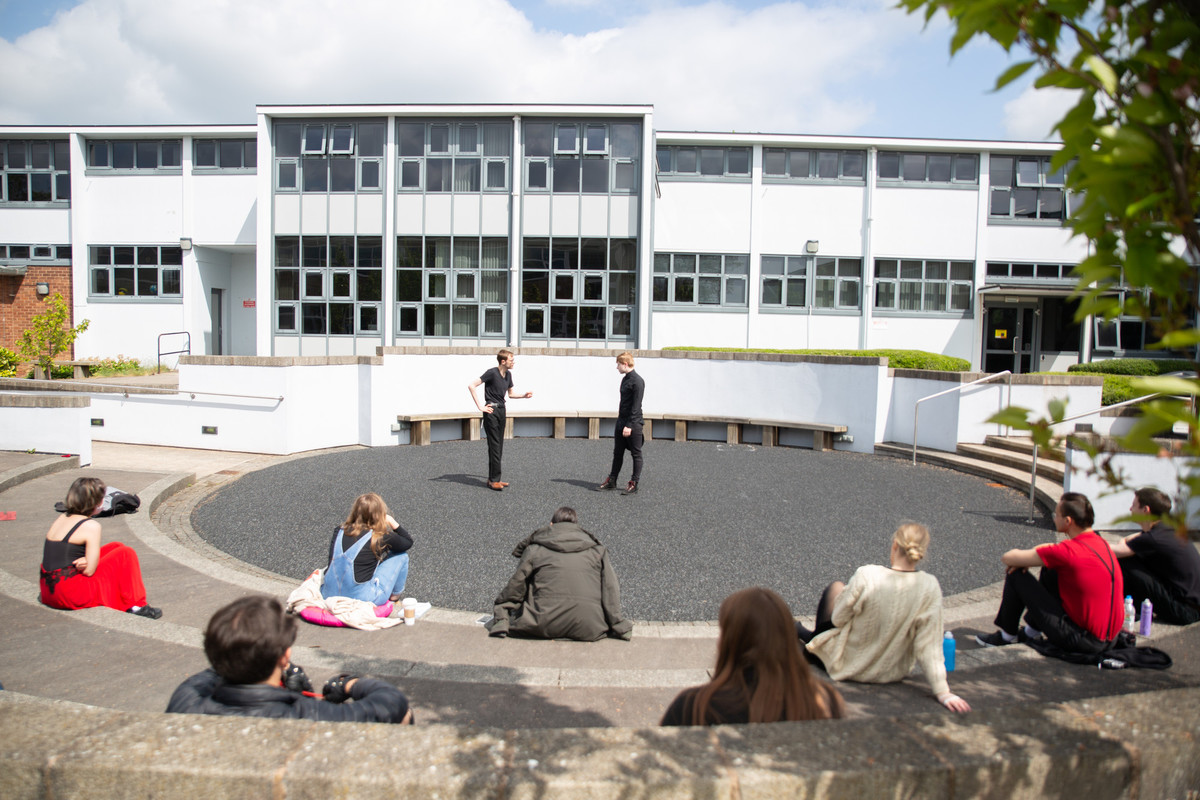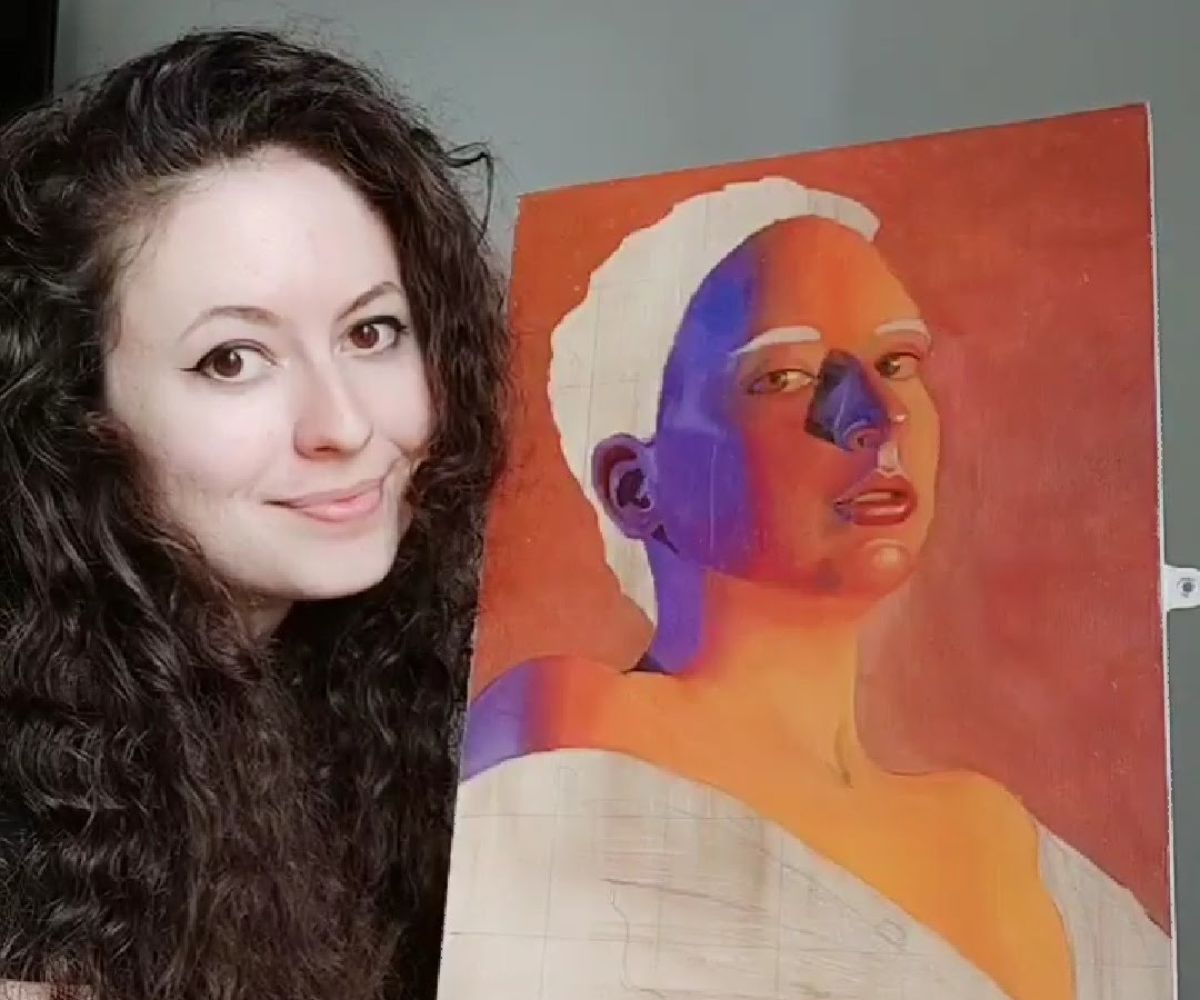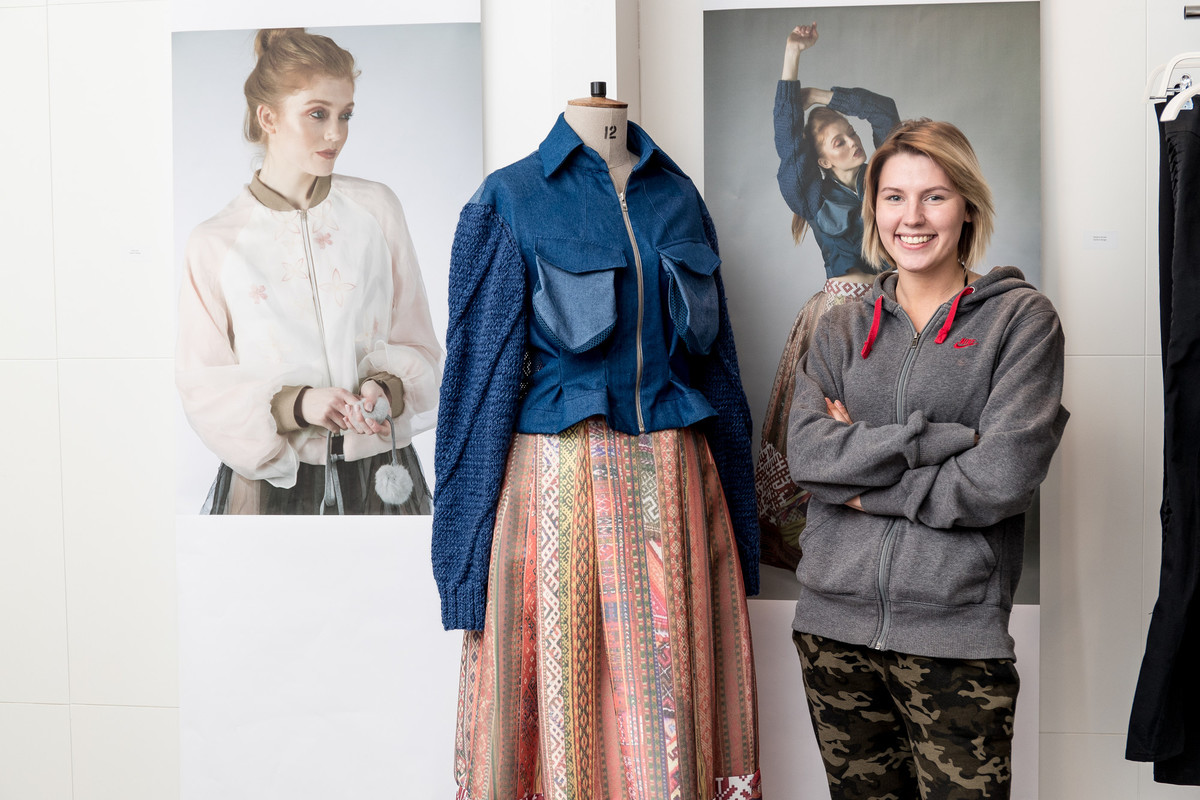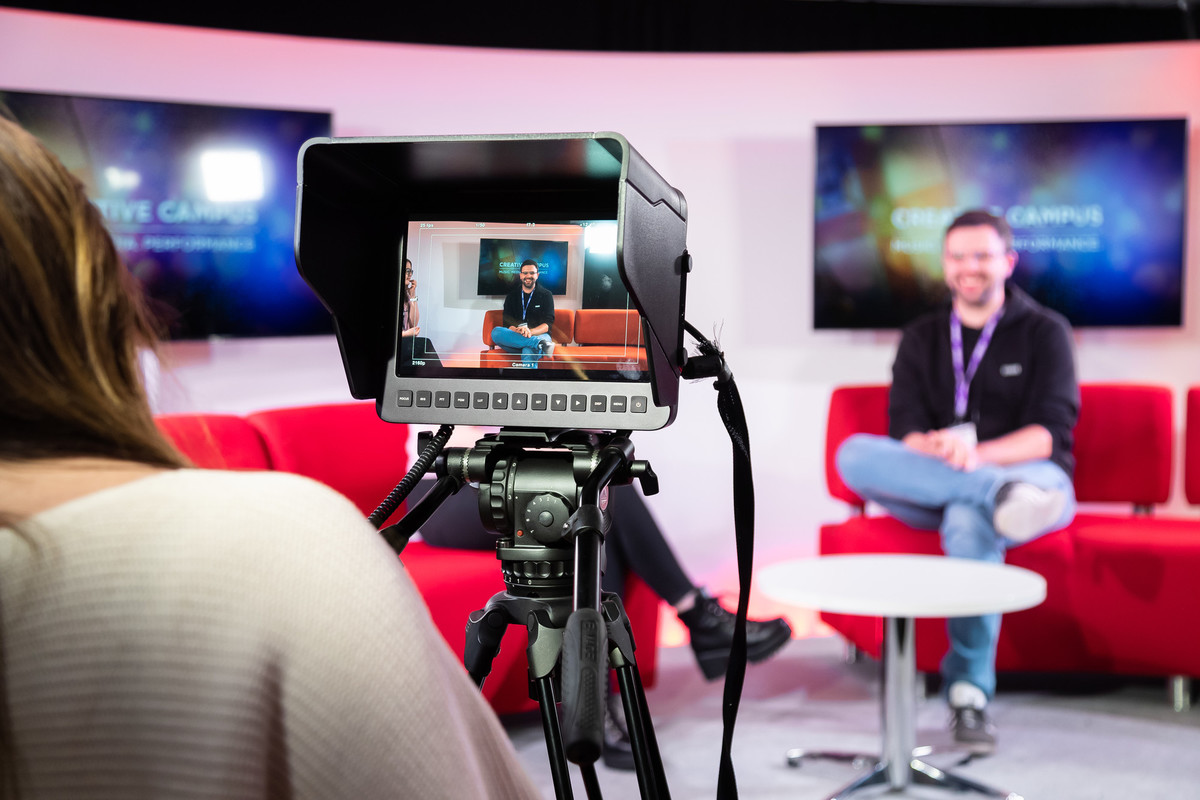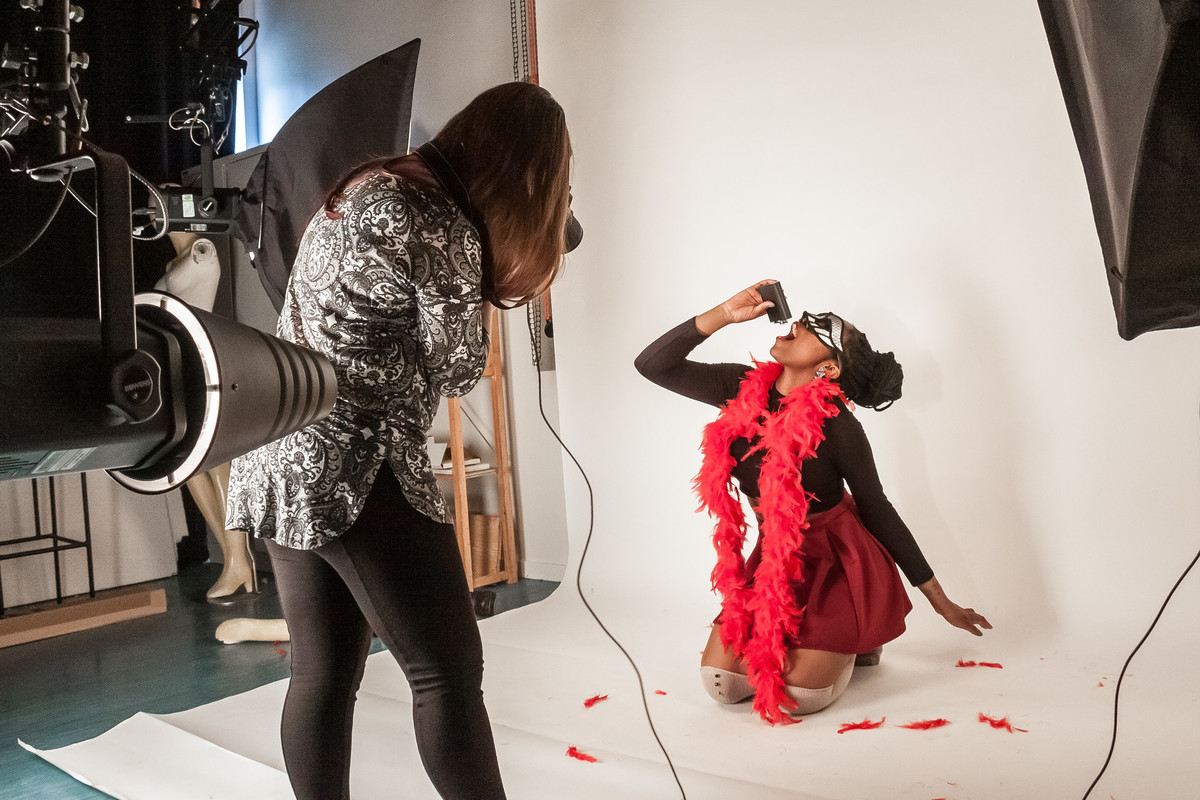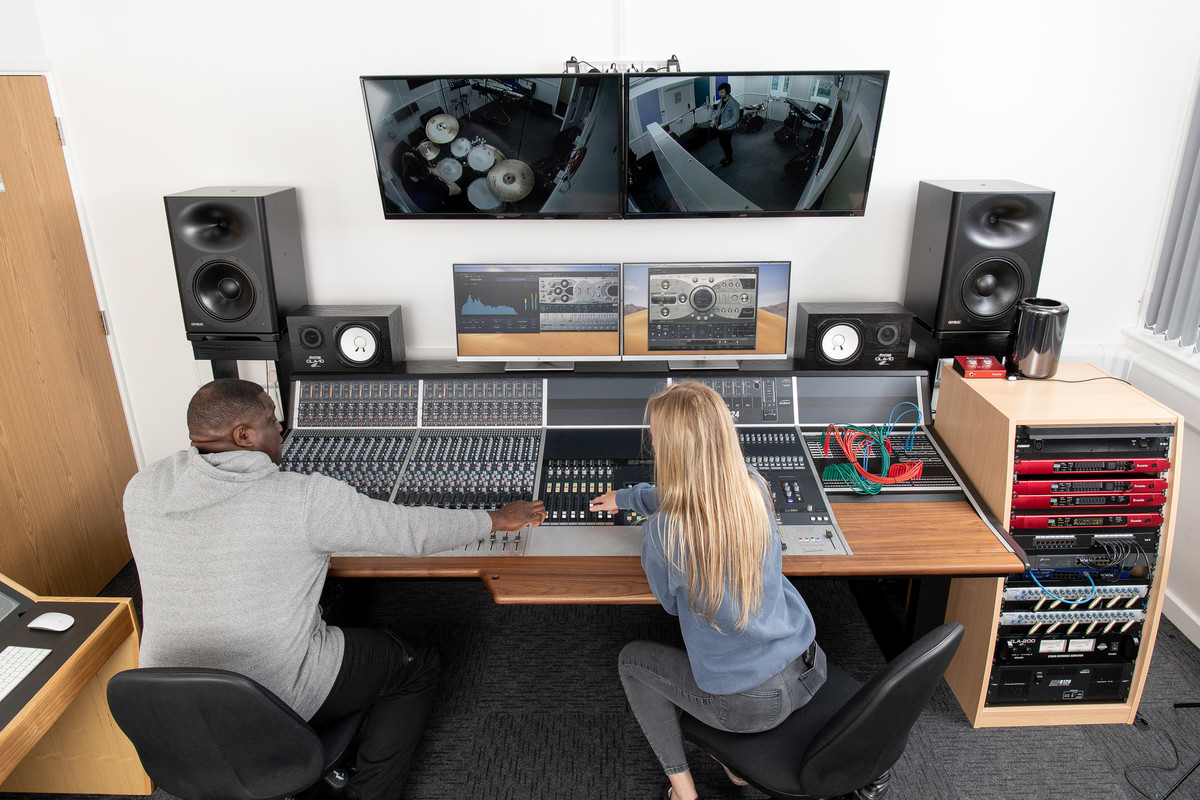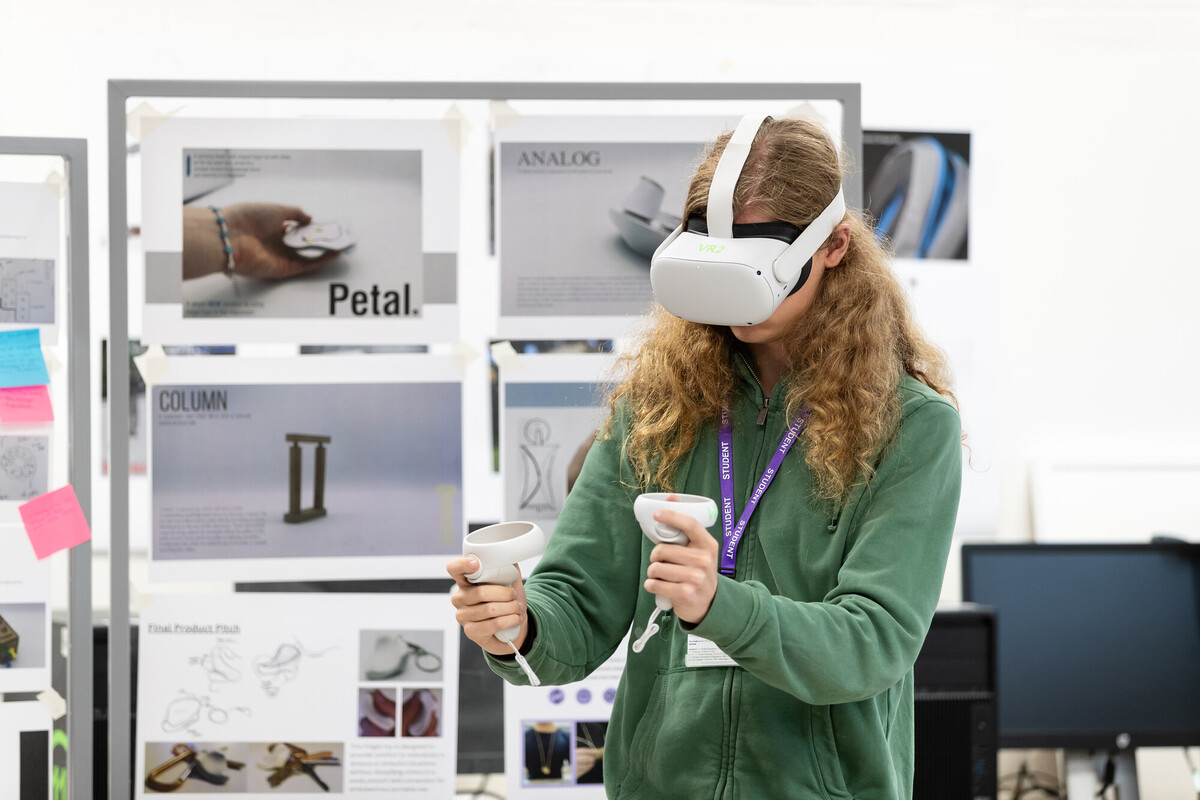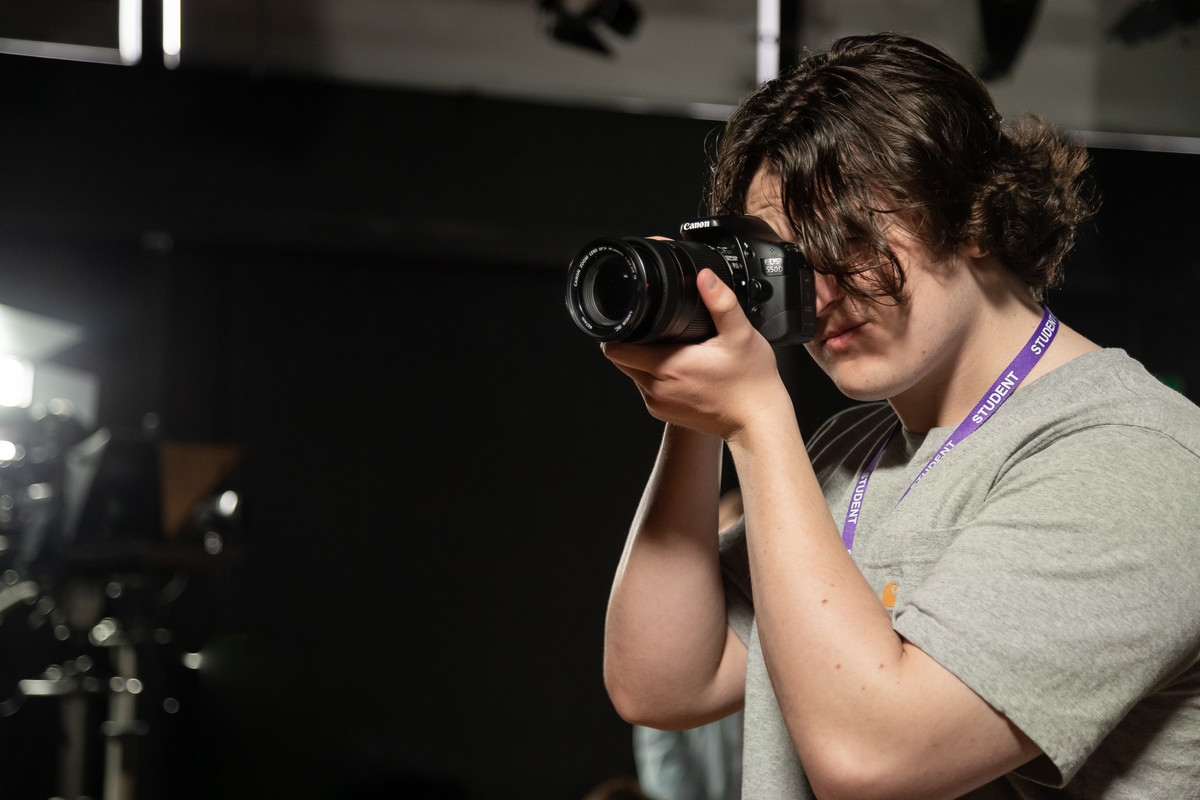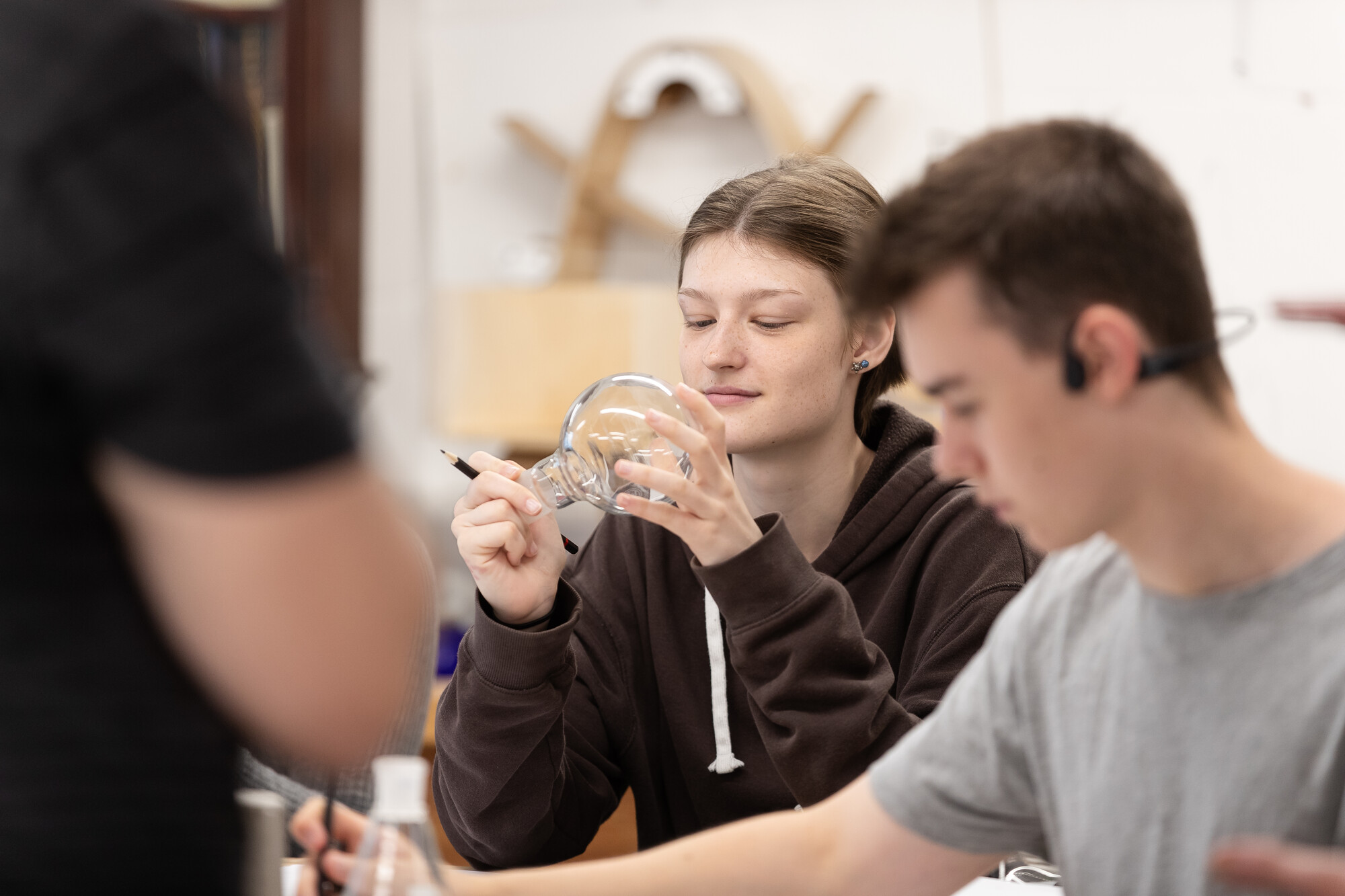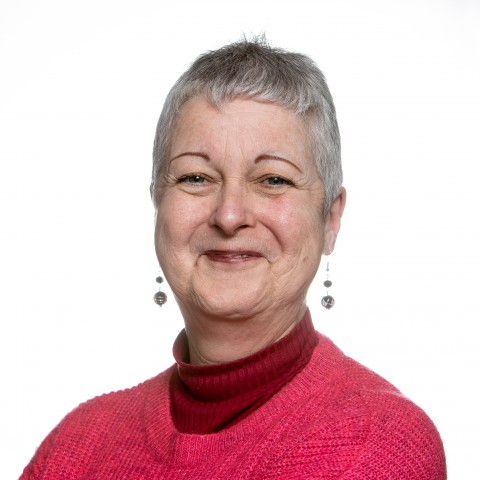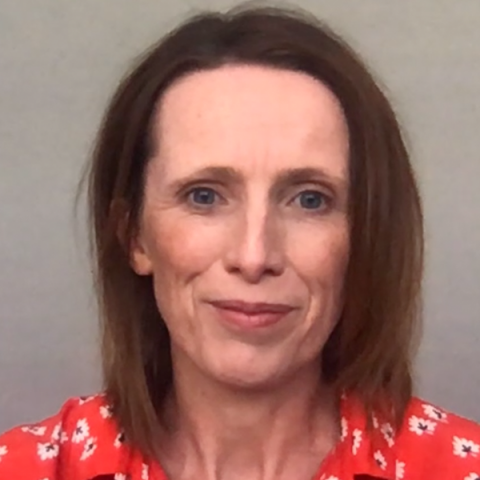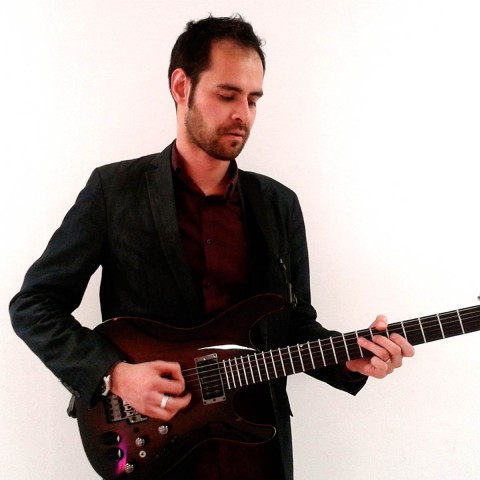Drama MA
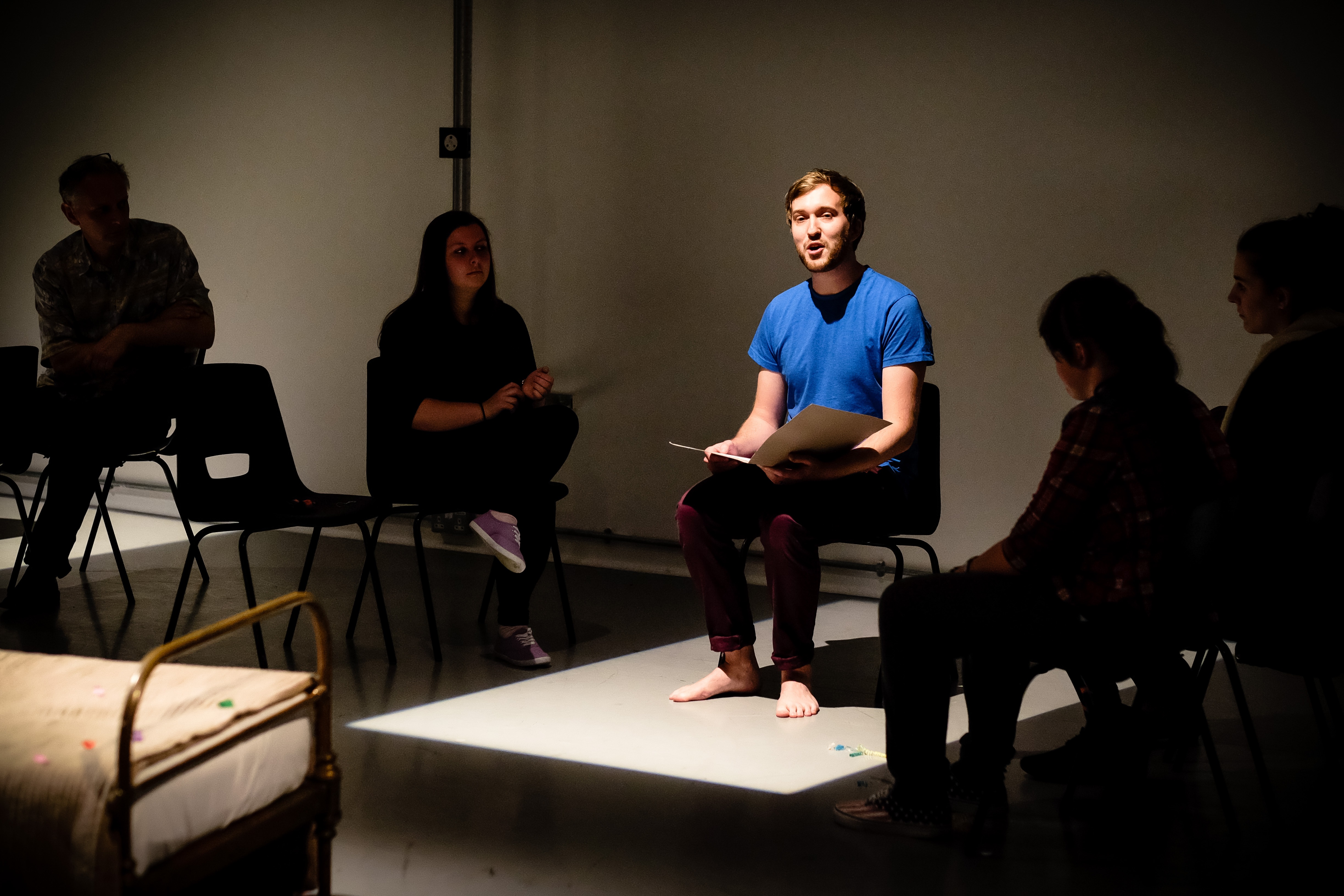
If you are seeking the opportunity to focus on the stage or screen as an actor, director, creator or script writer, and would like to step into new and exciting creative territories, this is the course for you. It is carefully designed to help you develop your practice and knowledge at a professional level. Offering expert tuition and exploration of practices, research methods and critical frameworks, you will receive support to realise your creative ambitions, developing your performance and creative skills, theoretical understanding and research interests. Our modules cover advanced-level teaching in essential theories and practices, performance and creative approaches, technological platforms, areas of research strategy, analysis, documentation and essay writing. During your MA studies, you will undertake either a written research dissertation or a practical project, leading to the production of a substantial piece of creative work (for example, a substantive performance, workshop, lecture or event). The foundation of this course is our belief in artistic development through active self-discovery, enabling you to execute your own highly engaging and creative work.
Teaching takes place at our Creative Campus, Kingsway, which houses multiple impressive performance and television studios with cutting-edge technology. There is also a vast array of loan equipment for you to use throughout your studies.
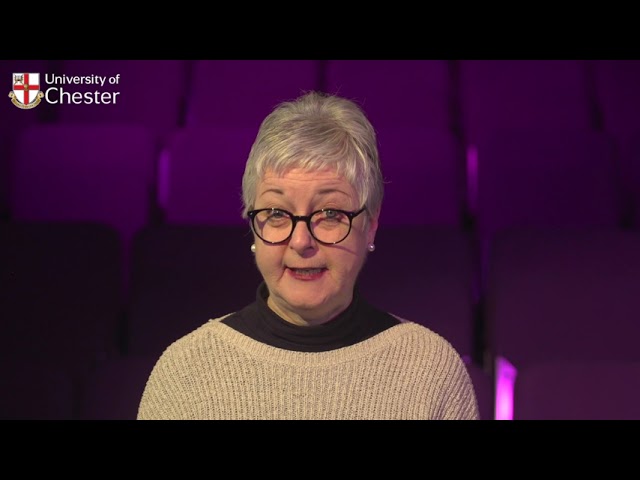
Drama MA
What You'll Study
Our modules cover drama theories and practices, performance and creative practices, areas of research strategy, analysis, documentation, and essay writing, which require you to engage with and develop your knowledge and skills to an advanced level. In the final phase of the MA, you will undertake either a written research dissertation or a practical project.
The information listed in this section is an overview of the academic content of the course that will take the form of either core or option modules and should be used as a guide. We review the content of our courses regularly, making changes where necessary to improve your experience and graduate prospects. If during a review process, course content is significantly changed, we will contact you to notify you of these changes if you receive an offer from us.

How we teach at the University of Chester
Teaching includes lectures, practical workshops, presentations, seminars, performances, small group and one-to-one tutorials. Assessment can take the form of performances, lecture demonstrations, practical presentations, workshops, oral examinations, essays, and through forms of documentation.
Your Future Career
Job Prospects
Graduates from this course have become actors, directors, producers, formed their own companies, initiated portfolio careers as performers or workshop leaders, undertaken PGCEs, taught in schools and higher education, entered management or training posts, and gone onto further study at PhD level. Students hone their professional performance and creative practice abilities, and demonstrate exceptional transferable skills of communication, self-confidence, energy, and drive.
Careers service
The University has an award-winning Careers and Employability service which provides a variety of employability-enhancing experiences; through the curriculum, through employer contact, tailored group sessions, individual information, advice and guidance.
Careers and Employability aims to deliver a service which is inclusive, impartial, welcoming, informed and tailored to your personal goals and aspirations, to enable you to develop as an individual and contribute to the business and community in which you will live and work.
We are here to help you plan your future, make the most of your time at University and to enhance your employability. We provide access to part-time jobs, extra-curricular employability-enhancing workshops and offer practical one-to-one help with career planning, including help with CVs, applications and mock interviews. We also deliver group sessions on career planning within each course and we have a wide range of extensive information covering graduate jobs and postgraduate study.
Entry Requirements
2:2 honours degree
The standard requirement is a 2:2 honours degree, or an equivalent qualification is required in any relevant discipline such as theatre, drama, dance, performing arts, media performance, theatre studies, arts management, or other cognate fields. Admission is by written application and interview.
2:2 honours degree
The standard requirement is a 2:2 honours degree, or an equivalent qualification is required in any relevant discipline such as theatre, drama, dance, performing arts, media performance, theatre studies, arts management or other cognate fields. Admission is by written application and interview.
See below for your country specific requirements. Please note, some programmes have special entry requirements and if applicable, these are listed below.
English Language Requirements
For more information on our English Language requirements, please visit International Entry Requirements.
Fees and Funding
£9,630for the full course (2025/26)
Guides to the fees for students who wish to commence postgraduate courses in the academic year 2025/26 are available to view on our Postgraduate Taught Programmes Fees page.
£15,000for a full-time course (2025/26)
The tuition fees for international students studying Postgraduate programmes in 2025/26 are £15,000.
Please note: For MSc programmes where a placement or project year is undertaken there will be an additional charge of £2,750 for the placement/project year (due at the start of the second year of the course).
The University of Chester offers generous international and merit-based scholarships for postgraduate study, providing a significant reduction to the published headline tuition fee. You will automatically be considered for these scholarships when your application is reviewed, and any award given will be stated on your offer letter.
For more information, go to our International Fees, Scholarship and Finance section.
Irish Nationals living in the UK or ROI are treated as Home students for Tuition Fee Purposes.
Your course will involve additional costs not covered by your tuition fees. This may include books, printing, photocopying, educational stationery and related materials, specialist clothing, travel to placements, optional field trips and software. Compulsory field trips are covered by your tuition fees.
The University of Chester supports fair access for students who may need additional support through a range of bursaries and scholarships.
Full details, as well as terms and conditions for all bursaries and scholarships can be found on the Fees and Finance section of our website.
